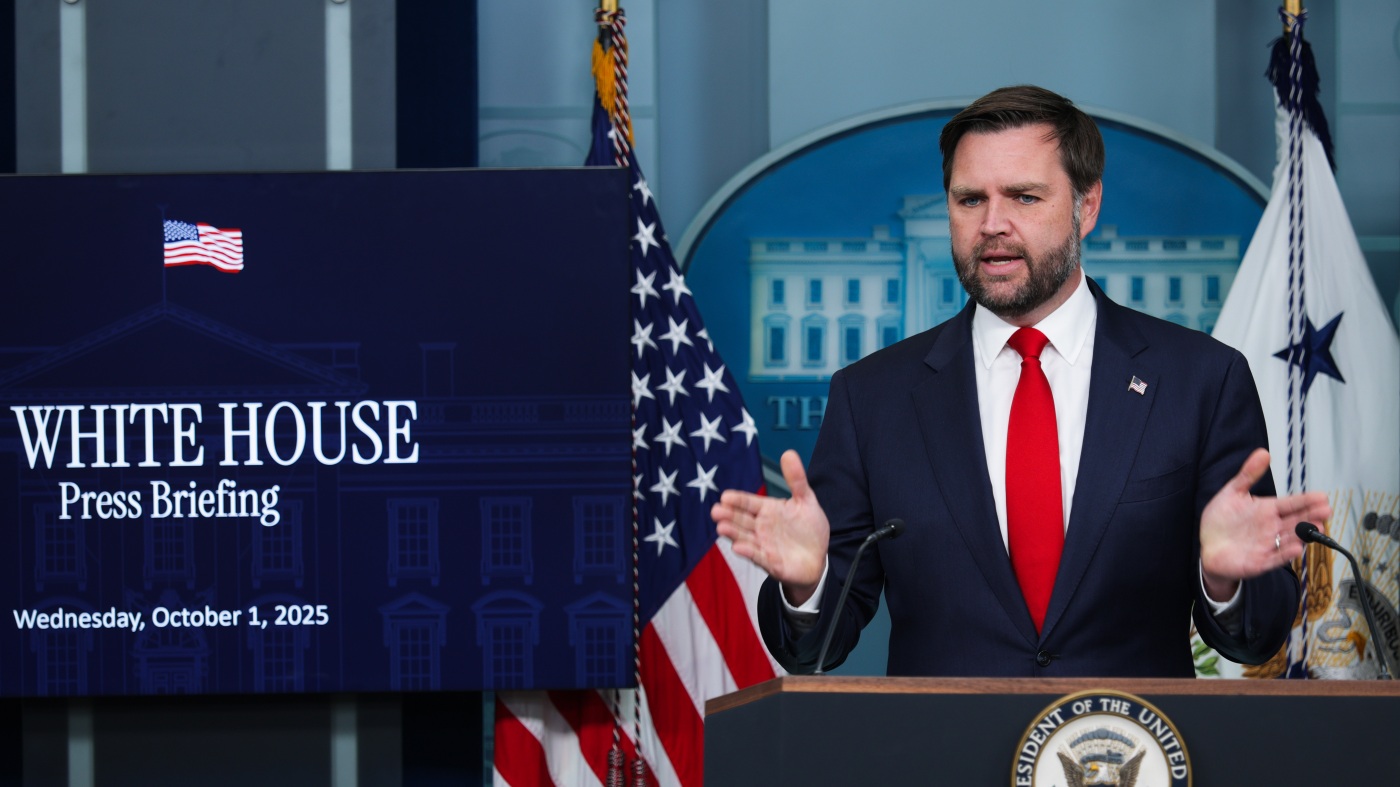Shutdown Layoffs Threaten Special Education Oversight and IDEA Protections

Shutdown Layoffs Decimate Special Education Oversight
As the federal government shutdown continues, the Trump administration has carried out sweeping staff reductions at the U.S. Department of Education, with the Office of Special Education and Rehabilitative Services hit particularly hard. Multiple sources confirm that nearly all employees in this critical office—responsible for enforcing the Individuals with Disabilities Education Act (IDEA)—have been laid off, leaving only a handful of senior staff in place. The department has not released official numbers, but union representatives and education leaders report that the cuts are so severe they threaten the agency’s ability to administer federal funds and ensure protections for millions of children with disabilities nationwide.
Risks for Students and Schools
Advocates warn that these cuts could disrupt the flow of billions in federal special education funding, putting school districts and vulnerable students at risk. The National Association of State Directors of Special Education has expressed deep concern, stating that without adequate staffing, the department may fail to meet its legal obligations under IDEA. This comes amid broader efforts to shrink the Education Department, including transferring programs to other agencies. With oversight capacity gutted, the immediate concern is that children with disabilities could be deprived of the free, appropriate public education guaranteed by federal law, raising urgent questions about accountability and equity during the shutdown.
About the Organizations Mentioned
U.S. Department of Education
The **U.S. Department of Education (DoEd)** is the federal agency responsible for shaping national education policy, distributing federal financial aid, conducting research, and enforcing civil rights in education. Established in 1979 under President Jimmy Carter, it marked a significant federal commitment to education, which traditionally had been a state and local responsibility[1][4][7]. The department’s key functions include establishing policies on federal financial aid and monitoring funds, collecting and disseminating data on schools, focusing national attention on education reform, and prohibiting discrimination to ensure equal access to education[1]. The department acts as the primary conduit for federal funding to K-12 public schools and higher education institutions, distributing billions annually. For fiscal year 2025, its budget was around 4% of total federal spending, including $18.6 billion for Title I programs that support 90% of school districts, especially those serving low-income communities[1][2][3]. Recent budget initiatives emphasize evidence-based strategies to close opportunity gaps, such as high-dosage tutoring and expanded learning time, addressing learning disruptions caused by the COVID-19 pandemic[2]. Historically, the department has faced political controversies and calls for elimination from conservative factions who argue that education should remain a state and local matter. Under the Trump administration, the department saw significant staff reductions and policy shifts, including investigations into alleged antisemitism and racial preference in universities, as well as efforts to curtail diversity, equity, and inclusion (DEI) programs[1][3][6]. The Biden administration has focused on increasing funding and improving outcomes through partnerships, while the 2025 policy climate reflects ongoing debates about federal involvement in education[2][4]. Notably, while the department does not directly educate students, it exerts significant influence through funding, research, and civil rights enforcement. It also collaborates with federal agencies on issues like education for homeless youth, underscoring its broader social impact[1][7]. As
Office of Special Education and Rehabilitative Services
The **Office of Special Education and Rehabilitative Services (OSERS)** is a key division within the U.S. Department of Education, established on October 17, 1979, with a mission to lead efforts ensuring full integration and participation of people with disabilities in society through equal access to education, employment, and community life[1][3]. OSERS originated when Congress split the Department of Health, Education, and Welfare, transforming the Bureau of Education for the Handicapped (created in 1967) into OSERS, which includes the Rehabilitation Services Administration (RSA) and the National Institute of Disability and Rehabilitation Research[1]. OSERS administers critical programs in three main areas: special education, vocational rehabilitation, and research. It oversees the implementation of the Individuals with Disabilities Education Act (IDEA), which guarantees free and appropriate public education for approximately 7 million children and youth with disabilities aged birth through 21 years[5][8]. Through its Office of Special Education Programs (OSEP), OSERS provides formula and discretionary grants to states, educational institutions, and non-profits to support services, research, technology development, and parent training[5]. The Rehabilitation Services Administration further supports vocational rehabilitation and independent living programs for individuals with disabilities[8]. In fiscal year 2024, OSERS ranked third in net spending within the Department of Education, with expenditures exceeding $20 billion, reflecting significant federal investment in disability education and rehabilitation over time[3]. Headquartered in Washington, D.C., OSERS functions as the principal advisor to the Secretary of Education on disability-related matters, shaping policies and ensuring compliance with federal laws[1][4]. Notably, OSERS plays a vital role in advancing educational equity and employment opportunities for people with disabilities by fostering collaboration among families, states, and school districts. Its continuous efforts contribute to technological innovations and evidence-based practices, making it a cornerstone institution at the intersection of education, rehabilitation, and social inclusion in the U.S.[8].
National Association of State Directors of Special Education
The **National Association of State Directors of Special Education (NASDSE)** is a not-for-profit organization dedicated to supporting state directors of special education across the United States and its territories. Established to promote and enhance education programs and related services for children and youth with disabilities, NASDSE plays a critical role in shaping special education policy and practice nationwide[4][6]. NASDSE serves as a vital liaison between state-level special education leadership and federal agencies, providing professional support and facilitating collaboration among those responsible for statewide and federal special education programs. It works closely with general curriculum planners at local, state, and national levels to ensure inclusive and effective education for students with disabilities[4]. A core function of NASDSE is advocacy. It represents the concerns of state directors before the three branches of the federal government and participates in influential coalitions such as the Committee for Education Funding, Consortium for Citizens with Disabilities, and the National Alliance of Specialized Instructional Support Personnel. Through these partnerships, NASDSE actively fights for increased funding, improved policies, and enhanced outcomes for students with disabilities[1]. NASDSE also delivers timely and actionable information to its members, enabling them to navigate complex legal and regulatory environments. It supports numerous projects and partnerships, including IDEA Partnership and specialized initiatives for Deaf or Hard of Hearing students, to optimize educational outcomes[2][3]. The organization hosts an annual conference, provides issue briefs, and facilitates affinity groups for professional development and networking[2]. Key achievements include fostering strong federal-state relationships, advancing special education funding, and shaping national policy frameworks. Currently, NASDSE continues to be a pivotal influencer in special education, leveraging strategic planning (2025-2027) to address emerging challenges and opportunities in education at the intersection of policy, technology, and practice[2]. Overall, NASDSE stands out for its comprehensive support to state directors, collaborative advocacy, and commitment to improving the educational experiences of individuals with disabilities nationwide.


















